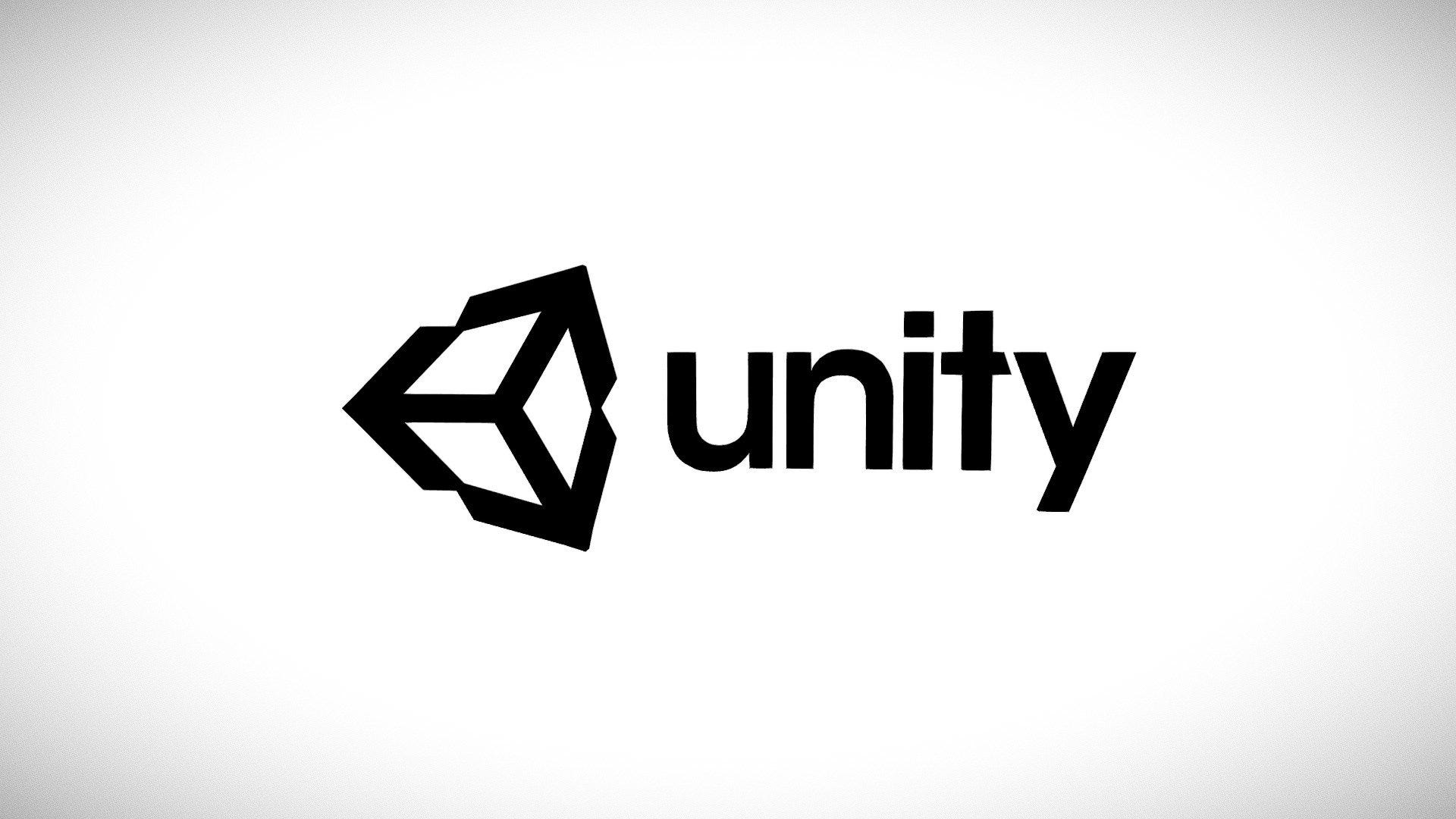Unity is immediately abolishing its much-debated “runtime fees”, returning instead to the “seat-based subscription model” which previously financed the game creation tool. The change does not concern non-gaming industry customers and comes in response to feedback from the community, customers, and partners, according to Unity’s new CEO, Matt Bromberg. Other modifications, including doubling the revenue cap from $100,000 to $200,000 before a fee is required, will coincide with the launch of Unity 6 later this year.
The now-scrapped runtime fees saw developers charged around $0.20 each time a game was installed, with costs applied retroactively to all games developed using the Unity platform. This meant a game released five years ago would abruptly start generating costs every time a player installed it. The policy faced instant backlash, with developers, including Among Us creators Innersloth, contemplating abandoning the platform due to the potential for fee exploitation and Unity’s ability to retroactively amend terms.
Unity tried to defuse the controversy by exempting Unity Personal from the fees and allowing developers using older Unity versions to maintain their existing terms. However, these attempts did little to alleviate developer concerns. After the policy was rescinded, it remains to be seen whether Unity’s efforts will regain developers’ trust and how these changes will transform the company.

Leave a Reply